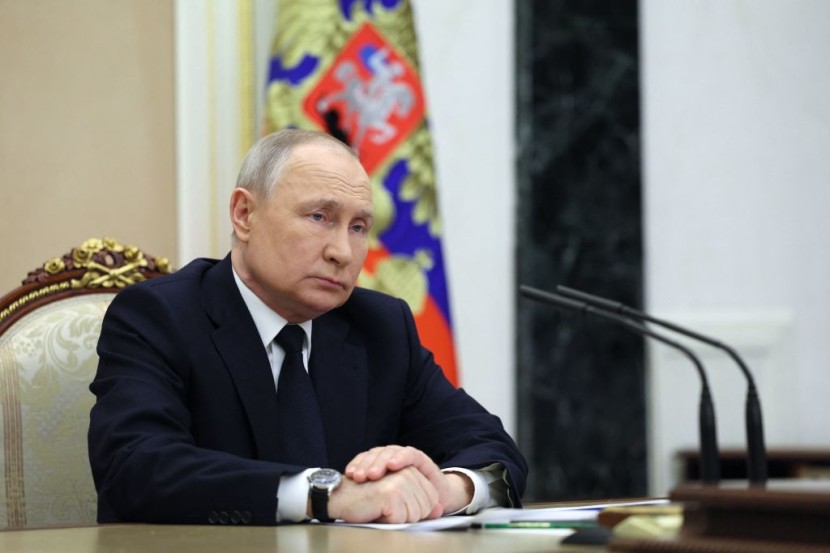
If President Vladimir Putin is to be believed, Russia moved some of its short-range nuclear weapons into Belarus this summer, bringing them closer to Ukraine and the verge of NATO.
The proclaimed deployment of Russian weapons on the territory of its neighbor and loyal ally represents a new phase in the Kremlin's nuclear saber-rattling over its invasion of Ukraine and another attempt to dissuade the West from bolstering its military support for Kyiv.
Putin Deploys Nuclear Weapons to Belarus
Putin nor his Belarusian counterpart, Alexander Lukashenko, disclosed the number of missiles relocated; only Soviet-era facilities in the country were prepared to house them, and Belarusian pilots and missile personnel were trained to operate them.
The United States and NATO have yet to corroborate the move, as per AP News. NATO Secretary-General Jens Stoltenberg condemned Moscow's rhetoric as "hazardous and irresponsible" but stated earlier this month that Russia's nuclear posture has not changed.
While some experts are skeptical of Putin and Lukashenko's claims, others point out that Western intelligence may not be able to monitor such movement. US intelligence officials said they had no reason to dispute Putin's claim regarding the delivery of the first batch of weaponry to Belarus but that tracking them could be difficult.
In contrast to intercontinental ballistic missiles with nuclear warheads capable of destroying entire cities, tactical nuclear weapons for use against soldiers on the battlefield can have a yield as low as 1 kiloton. During World War II, the US weapon dropped on Hiroshima was 15 kilotons.
The proclaimed deployment of Russian weapons on the territory of its neighbor and loyal ally represents a new phase in the Kremlin's nuclear saber-rattling over its invasion of Ukraine and another attempt to dissuade the West from bolstering its military support for Kyiv.
Putin repeatedly referred to Russia's nuclear arsenal and vowed to use "all measures" to defend the country early in the conflict. He has toned down his statements recently, but a senior lieutenant continues to dangle the possibility with frightening ease.
Russia Says It Won't Hesitate to Use Nuclear Weapons
Dmitry Medvedev, the deputy head of Russia's Security Council who served as a stand-in president from 2008 to 2012 due to Putin's term limit, threatens almost daily that Moscow will not hesitate to use nuclear weapons.
The only way to avert the apocalypse, according to a recent article by Medvedev, is to accede to Russia's demands. The world is facing a confrontation "far worse than during the Cuban missile crisis" because Russia, the world's largest nuclear power, has been targeted by its adversaries, according to Al Arabiya.
Many Western observers view this as empty rhetoric. According to Russia expert Keir Giles of Chatham House, Putin appears to have toned down his nuclear rhetoric after receiving signals to do so from Beijing.
Moscow's defense doctrine contemplates a nuclear response to an atomic assault or even a conventional attack that "endangers the very existence of the Russian state." Some Russian experts have urged the Kremlin to clarify these conditions and compel the West to consider the warnings more seriously due to their ambiguity.
Sergei Karaganov, a prominent Russian foreign affairs expert who advises Putin's Security Council, stated that Moscow should make its nuclear threats more specific to "break the will of the West" and compel it to stop supporting Ukraine as it attempts to reclaim Russian-held territory in a sluggish counteroffensive.
© 2025 HNGN, All rights reserved. Do not reproduce without permission.








